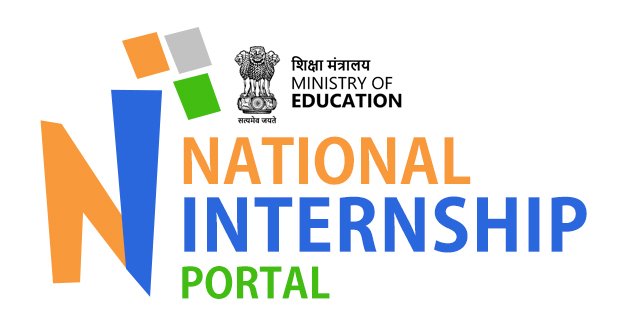This article explains the role within Google Cloud Consulting Professional Services focused on designing and implementing Generative AI and Agentic AI solutions. It outlines core responsibilities—delivering big data and generative AI solutions, advising technical customers, influencing product roadmaps—and details the minimum and preferred qualifications that enable successful delivery of these services.
Designing and Implementing Generative AI and Agentic AI Solutions
The primary responsibility in this role is to design and implement Generative AI and Agentic AI solutions for customers. This work centers on delivering robust big data and generative AI solutions that meet customer requirements and align to enterprise cloud architectures. Deliverables span from end-to-end solution designs to operational implementations, combining generative models, data pipelines, analytics, and multimodal components where appropriate.
Working on these solutions requires close collaboration with technical customers to understand use cases, constraints, and success metrics. Acting as a trusted technical advisor means translating customer goals into concrete technical approaches, ensuring designs address performance, scalability, and integration with existing enterprise systems. The responsibilities explicitly include:
- Delivering big data and generative AI solutions: building solutions that leverage large-scale data processing and generative models to meet customer objectives.
- Designing cloud enterprise solutions: creating architectures that fit enterprise requirements and cloud best practices.
- Implementing multimodal elements: incorporating text, image, video, and voice components where they are part of the solution scope.
To accomplish these tasks, practitioners rely on experience with data pipelines, ETL techniques, data analytics and visualization, and data warehousing concepts. Familiarity with big data tools such as Apache Beam, Hadoop, Spark, Pig, Hive, MapReduce, and Flume supports the technical realization of high-volume processing and transformation workflows required by generative and agentic systems.
Because the role spans both design and implementation, hands-on experience building data and AI solutions is vital. This ensures designs are practical to implement and that the team can deliver working solutions rather than theoretical proposals. Delivering generative AI solutions also often involves integrating large language models (LLMs) and coordinating multimodal data flows, which must be accounted for within the enterprise cloud architecture.
Client Engagement, Product Influence, and Knowledge Transfer
Beyond technical delivery, this role places strong emphasis on client engagement, product feedback, and knowledge transfer. Acting as a trusted technical advisor requires not only technical skill but also the ability to communicate recommendations, run workshops, and present complex ideas clearly to technical stakeholders. Core responsibilities in this area include:
- Identifying product feature gaps: analyzing customer needs and solution limitations to highlight gaps that can inform product development.
- Influencing product roadmaps: communicating the impact of customer requirements and field experience to shape future product direction.
- Delivering best-practice recommendations: providing customers with architectural patterns, operational guidance, and actionable steps that reflect proven approaches.
- Running workshops, tutorials, and presentations: educating customer teams and internal stakeholders on design choices, implementation techniques, and effective operation of generative and big data systems.
These client-facing activities require fluency in English and experience working with technical customers. The role’s minimum qualifications include a Bachelor’s degree in Computer Science or a related field (or equivalent experience), and demonstrable experience building data and AI solutions as well as designing cloud enterprise solutions. These foundational qualifications ensure the practitioner can both design sound architectures and engage effectively with technical stakeholders.
Preferred qualifications expand the practitioner’s toolkit and make it easier to deliver on the responsibilities described. Experience with large language models (LLMs), data pipelines, data analytics/visualization, and multimodal solutions (text, image, video, voice) enables richer and more capable solution designs. Knowledge of ETL techniques, cloud computing concepts, and data warehousing supports enterprise-grade implementations. Familiarity with big data tools—Apache Beam, Hadoop, Spark, Pig, Hive, MapReduce, Flume—helps implement scalable data processing and ingestion paths that underpin generative AI services.
Combining these technical competencies with the advisory and educational responsibilities results in comprehensive customer engagements: practical solution delivery, informed product feedback, and transferable knowledge that helps customers adopt and operate generative and agentic AI capabilities successfully.
In summary, the role within Google Cloud Consulting Professional Services blends hands-on design and implementation of Generative AI and Agentic AI solutions with trusted technical advising, product-feedback responsibilities, and knowledge transfer through best-practice recommendations, workshops, and presentations. Candidates must meet minimum qualifications including a relevant degree and experience with data and cloud solutions, while preferred skills in LLMs, multimodal systems, ETL, analytics, and big data tools strengthen their ability to deliver enterprise-grade solutions effectively.



